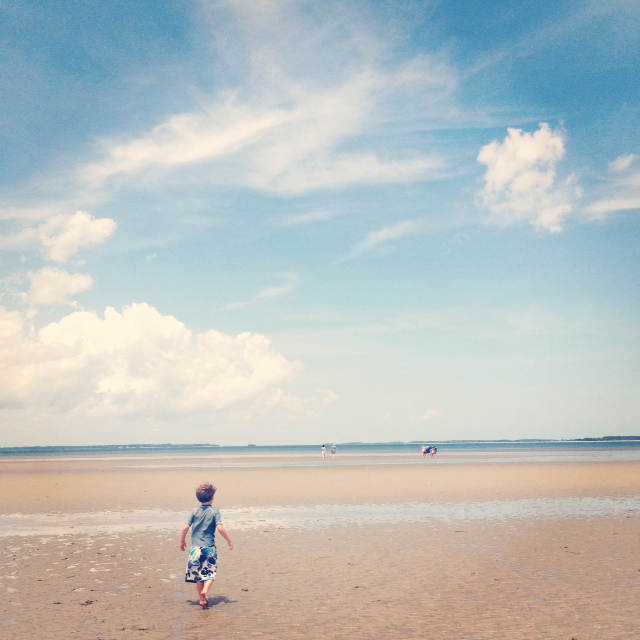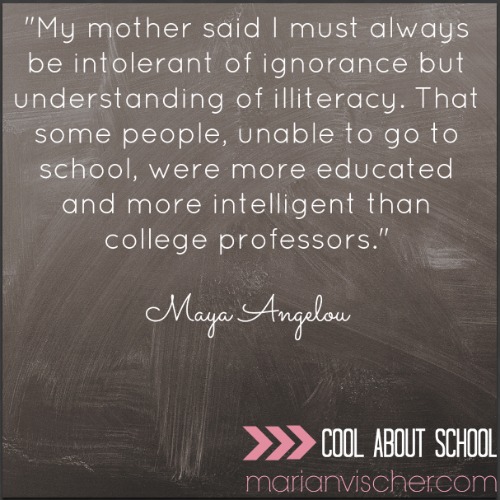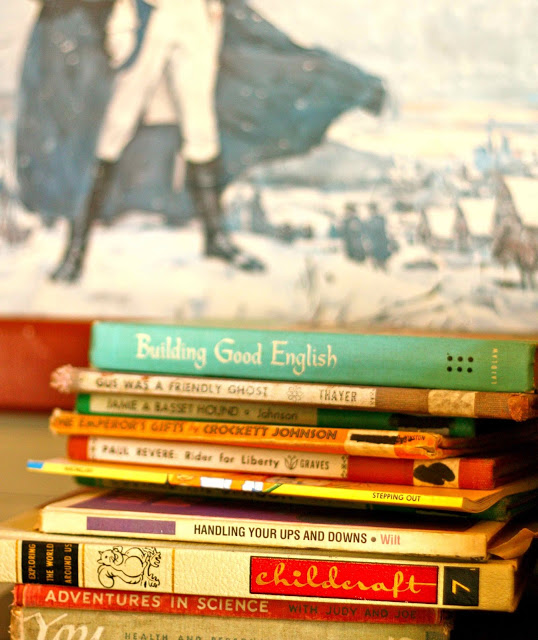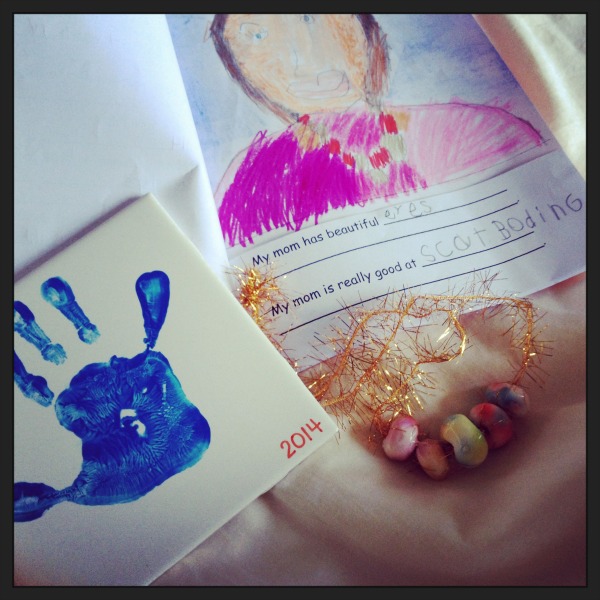You may not have noticed but my Sunday posts offer a message of rest. Practicing rest {and I’m still very much learning} has been a life-changing discipline for me, one I wish I’d learned much earlier in life.
Sundays are a day of rest and worship for our family. It’s also a day of departure from the work and rhythms of the other six days. I’m figuring out, ever so slowly, what that looks like for me. But part of it is this: I practice not worrying about the things that concern me the other six days. That makes it sound easy, like I just flip a switch. It’s really not that simple but it is becoming more of a habit over time as my body, mind, and spirit slip into a quiet, unhurried, “it’ll be there tomorrow” sort of place.

If you’re reading this series with me, perhaps school is one of those things that concerns you too much of the time. Maybe you’re in a place of insecurity or indecision. I get it.
Today, as I’ve done the other two Sundays in this series, I invite you to rest from those concerns. The issues will be there tomorrow but by taking a break today, you’ll be better equipped to greet them on Monday.
If you need some restful encouragement, here are the other Sunday posts from the series.
How to Rest Right Where You Are
/////
For all the posts in this 31-day series, go here.
I’m linking up with The Nester and her tribe of 31 Dayers.
Don’t want to miss a post in the series? You can subscribe and have each post delivered right to your inbox. As always, you may unsubscribe any time you like. {I promise not to sell your address to pirates, aliens, spammers, or The Gap.}












